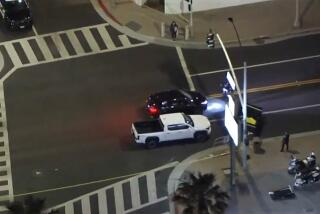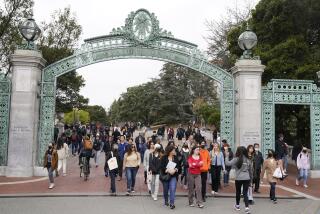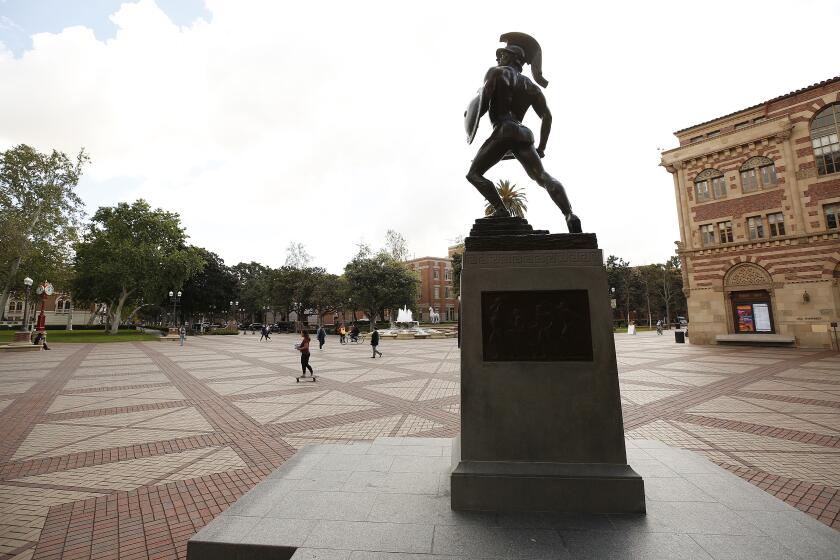The Newport Beach crash: Parents, how safe are <em>your</em> kids?
What sort of parent would you be in the following situation? Your 16-year-old is invited to a small party at a friend’s house. The host is a well-regarded kid, a top student. Do you:
a) Just say yes; kids need to relax and have more fun.
b) Call the kid’s parents to make sure that they will supervise the party and that no alcohol will be allowed.
c) Question whether there will be alcohol and when your teen says yes, extract a promise that he or she won’t drink.
d) Invoke the parent-teen pledge — don’t try for a no-drinking vow, just a promise to call you if drinking takes place rather than accept a ride from a drunk teenage friend.
e) Let your teen bring a six-pack of beer. All underage kids do a little drinking; what’s the big deal?
There isn’t a clear right answer in every situation, but one thing is pretty obvious: Few parents fall into category (b), and more often they should. Their offspring would offer up the time-honored complaint that their parents were embarrassing them, that no other parents were doing something so dorky, so 1950s. But you would be surprised how many teenage get-togethers -- yes, even those of the “good” kids who stay out of trouble at school and pull straight A’s -- involve alcohol and no parents on the scene. Or even parents on the scene who are willfully blind to the drinking, or who offer drinks.
The horrific deaths of five teenagers in a Newport Beach crash in which the 17-year-old driver was speeding at perhaps 100 miles an hour and driving without a license challenges all parents to examine where the balance is between not over-fussing about a teenager’s every move — they need some independence if they’re going to learn to function in the world — and protecting them from the kinds of stupid mistakes that they or their friends might make.
Did Adulrahman M. Alyahyan’s mother know he was taking the car out, with no license? With other teens in the car? Probably the parents of those other high school students had no idea that Alyahyan was without a license. If asking about chaperonage at a party is uncool, imagine how humiliating it would be to have one’s parental unit asking to see a driver’s license or checking on whether the driver has had it the requisite year before being allowed to take underage passengers.
But teenagers aren’t the only ones vulnerable to peer pressure. Parents conform to the norms around them -- and in this generation, seem more interested in being their children’s friends than the sometimes hated adult who sets the limits.
Do American parents need to start making fewer assumptions and asking tougher questions? Or would they just push their children into hiding their actions?
ALSO:
What to do with California’s windfall
Gay athletes: The corrosive impact of Adrian Peterson’s remarks
More to Read
A cure for the common opinion
Get thought-provoking perspectives with our weekly newsletter.
You may occasionally receive promotional content from the Los Angeles Times.











